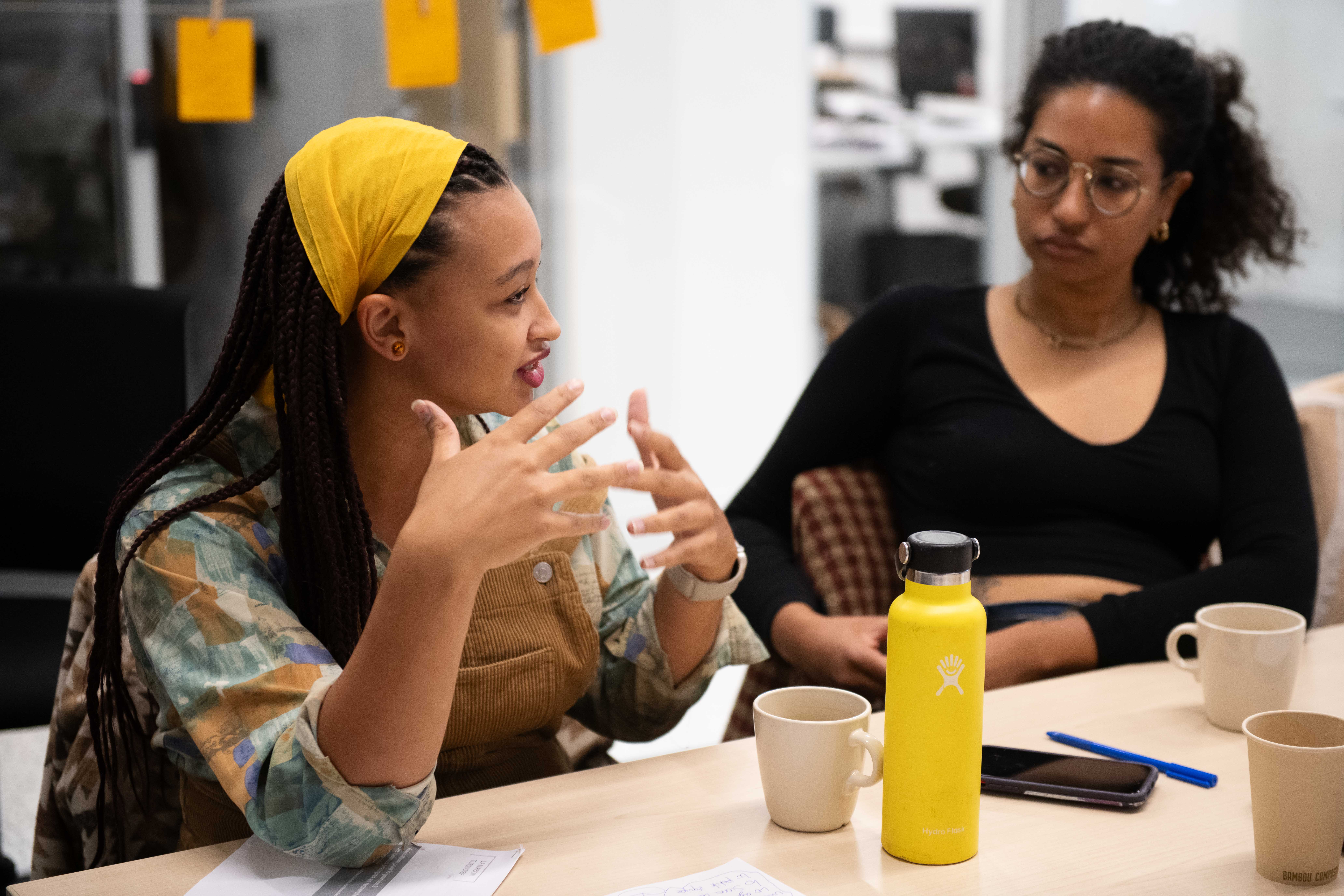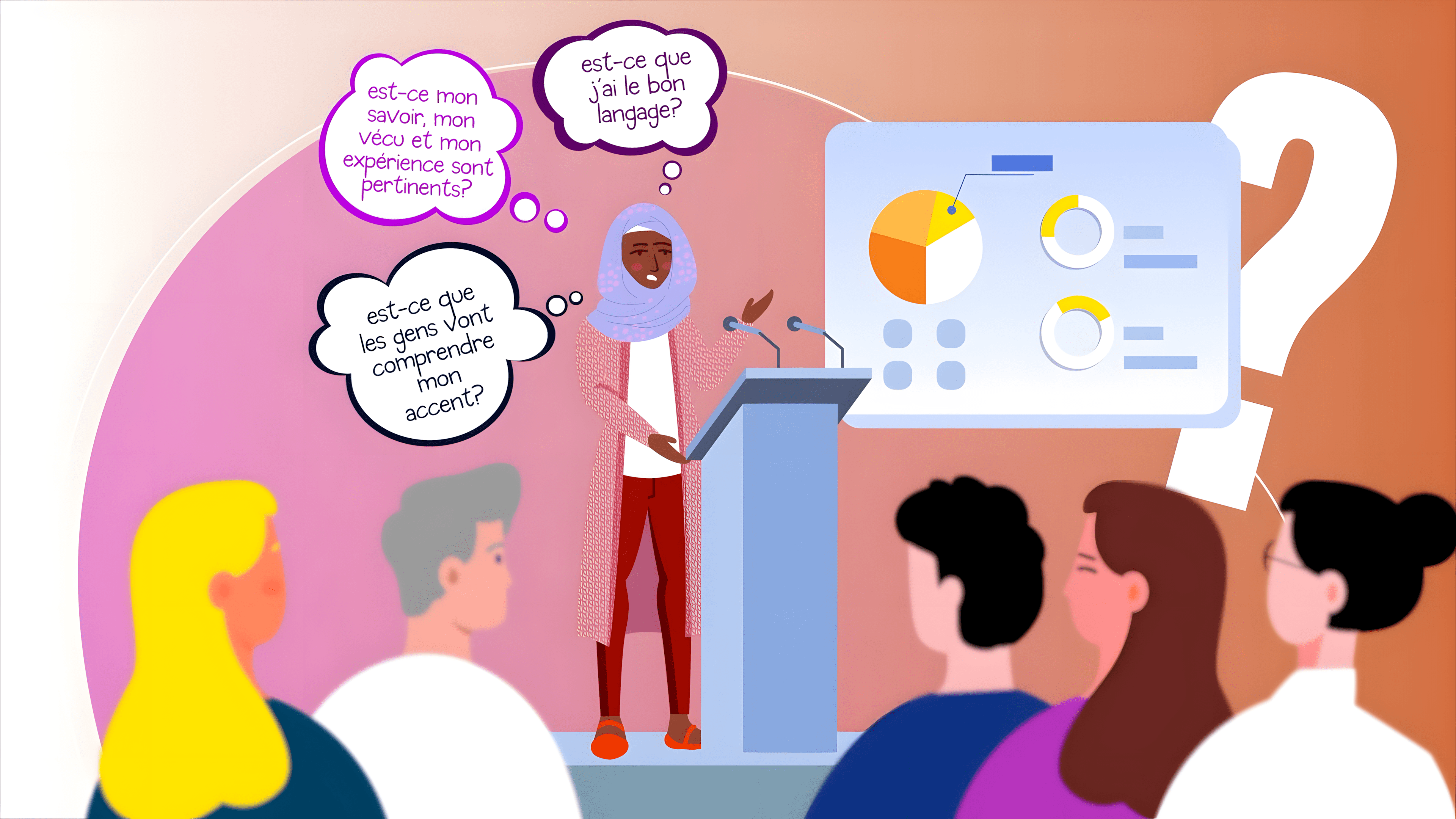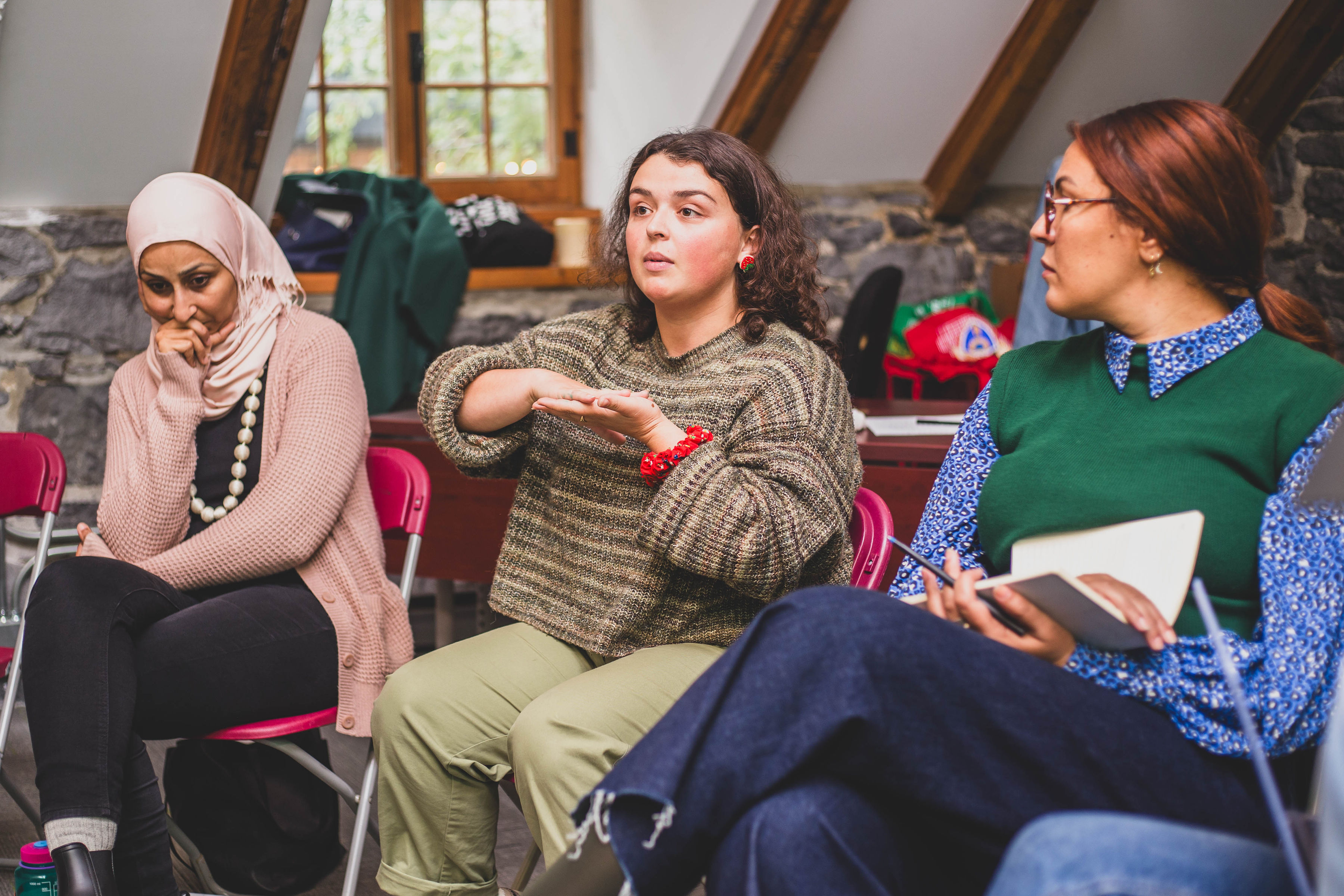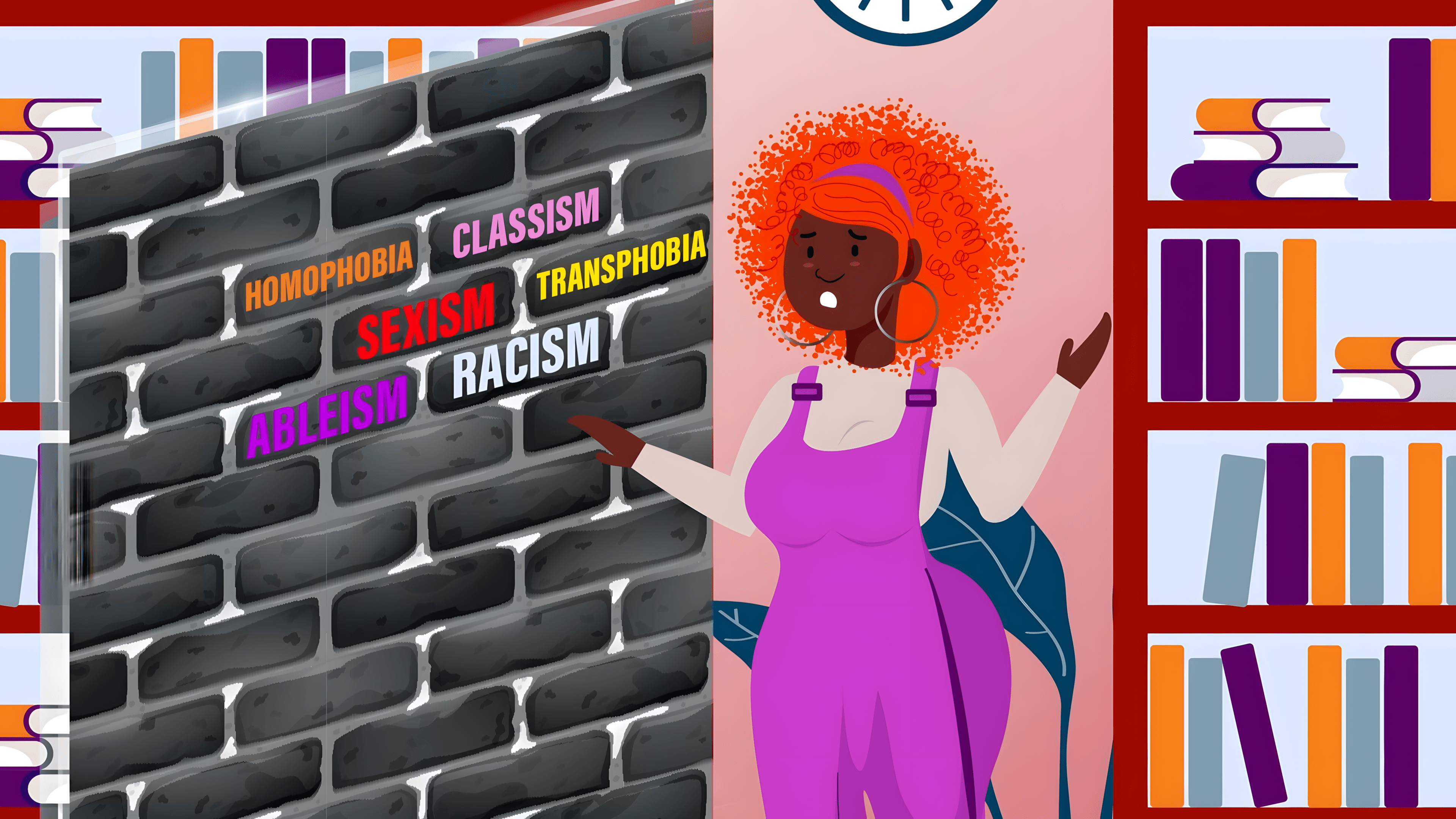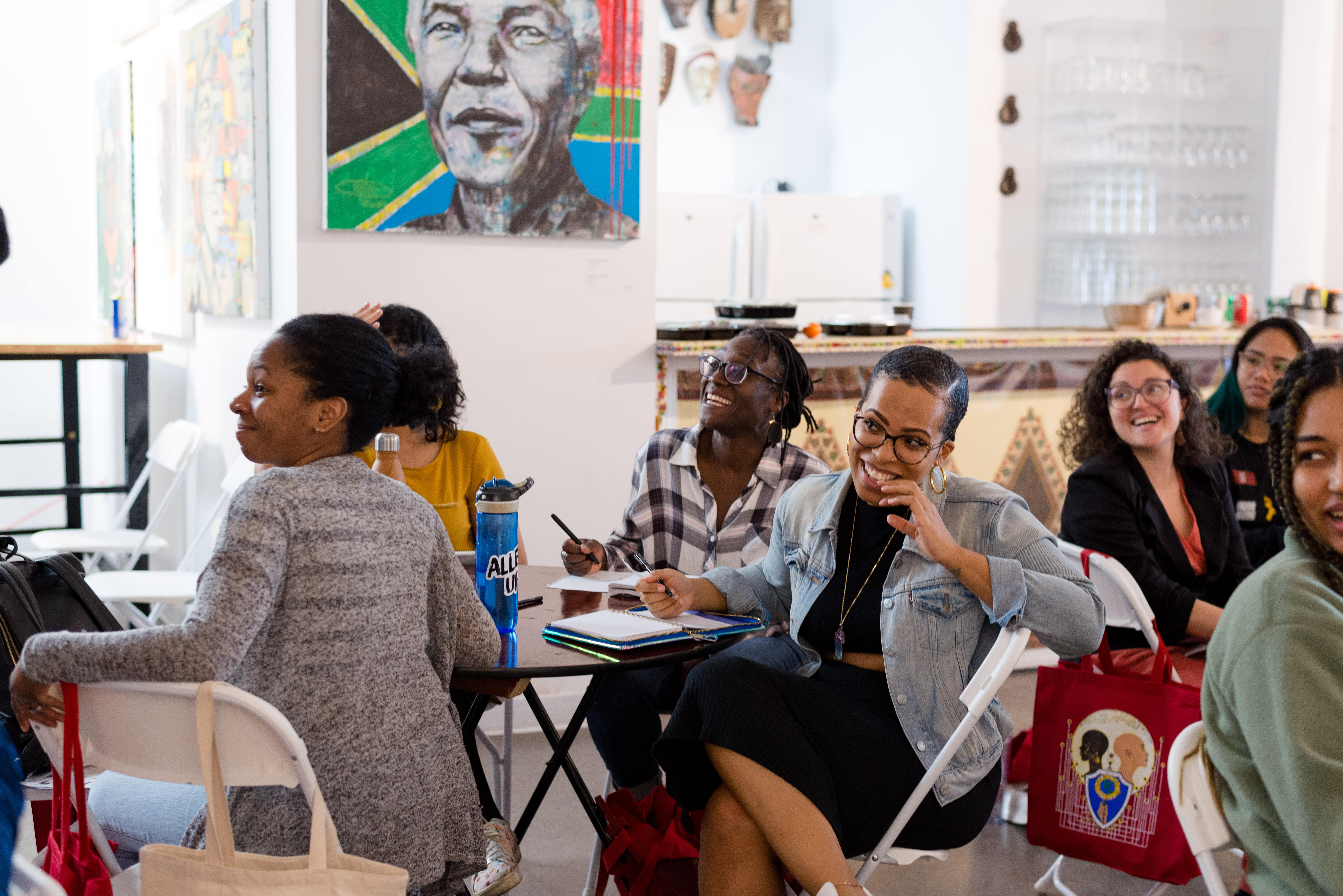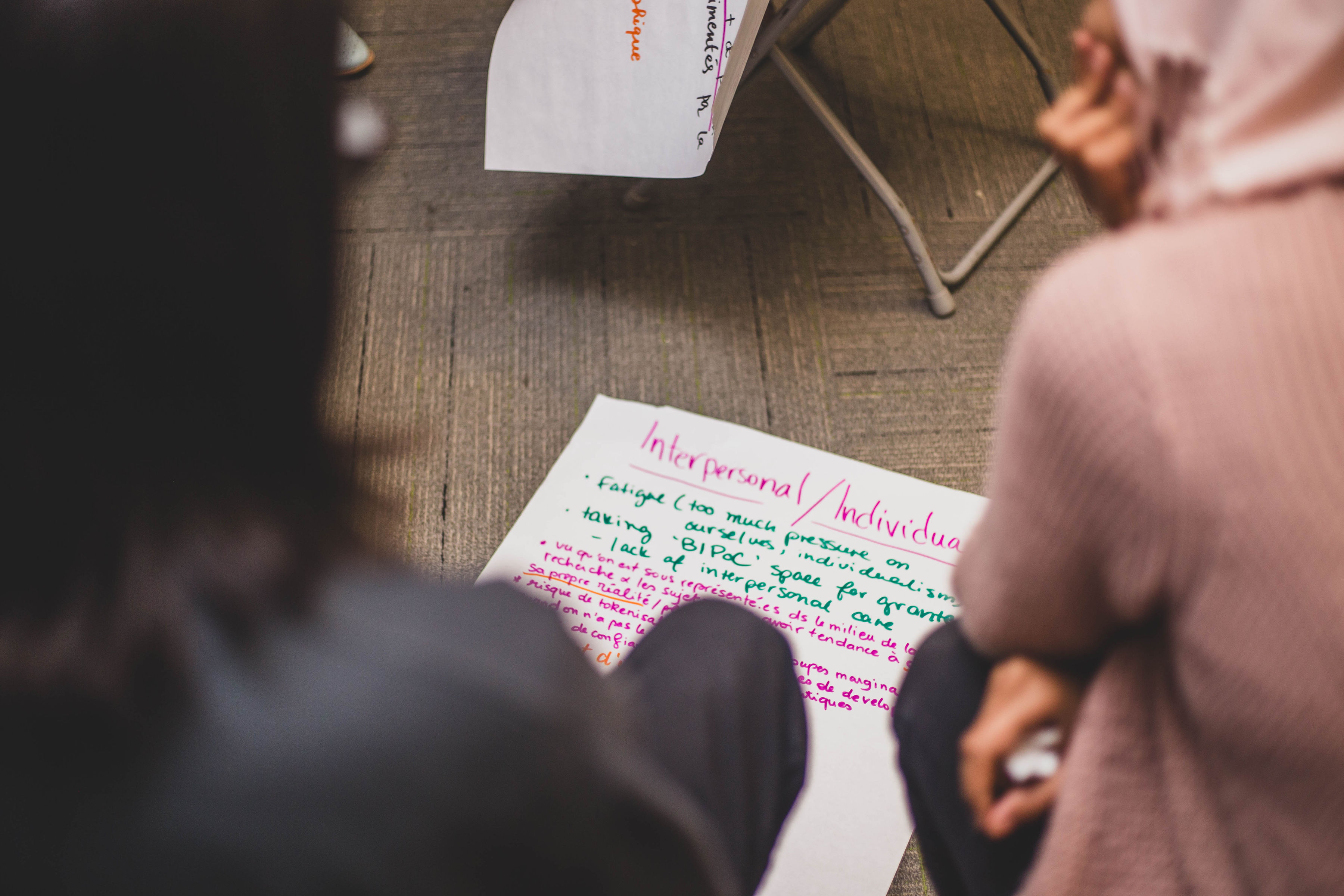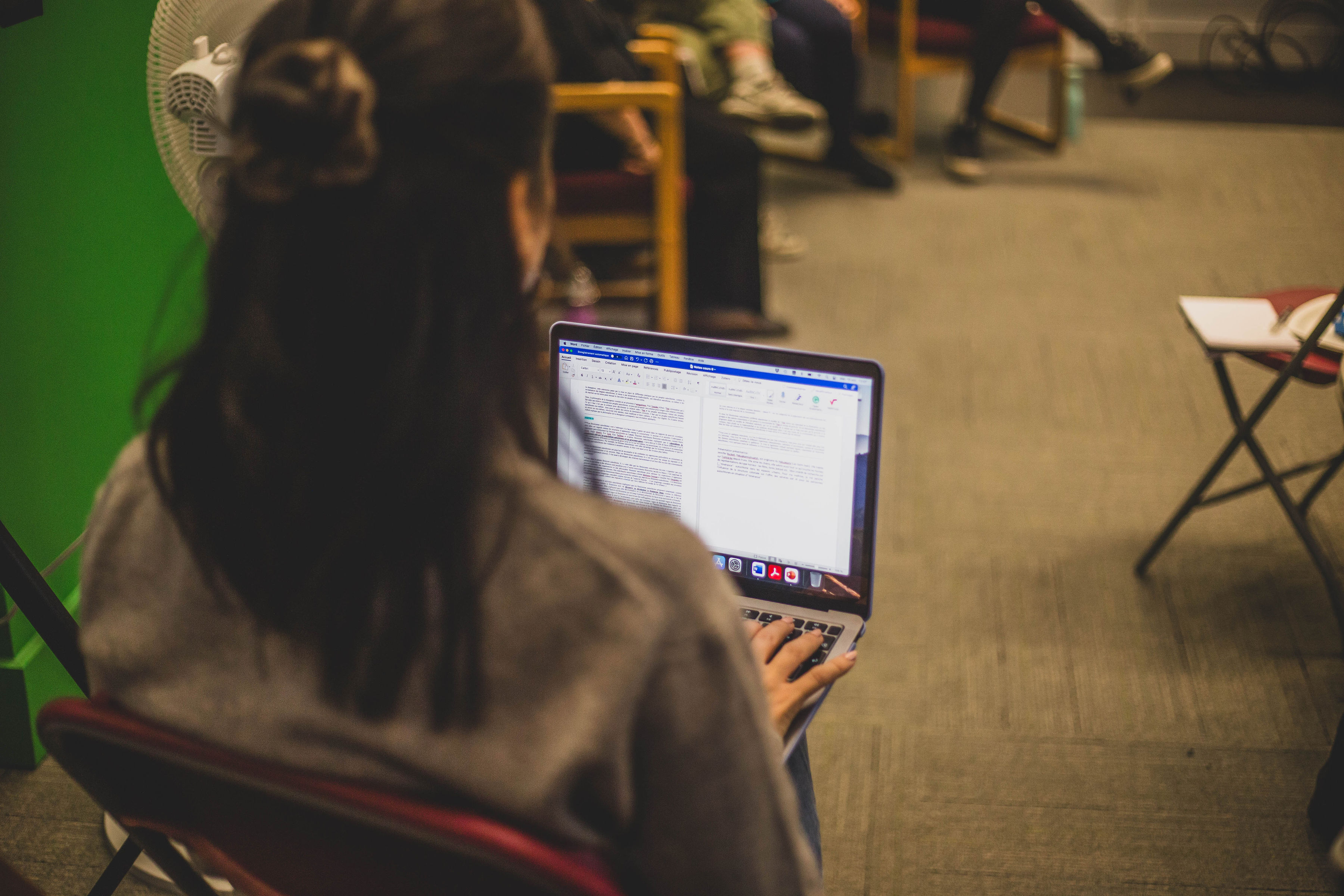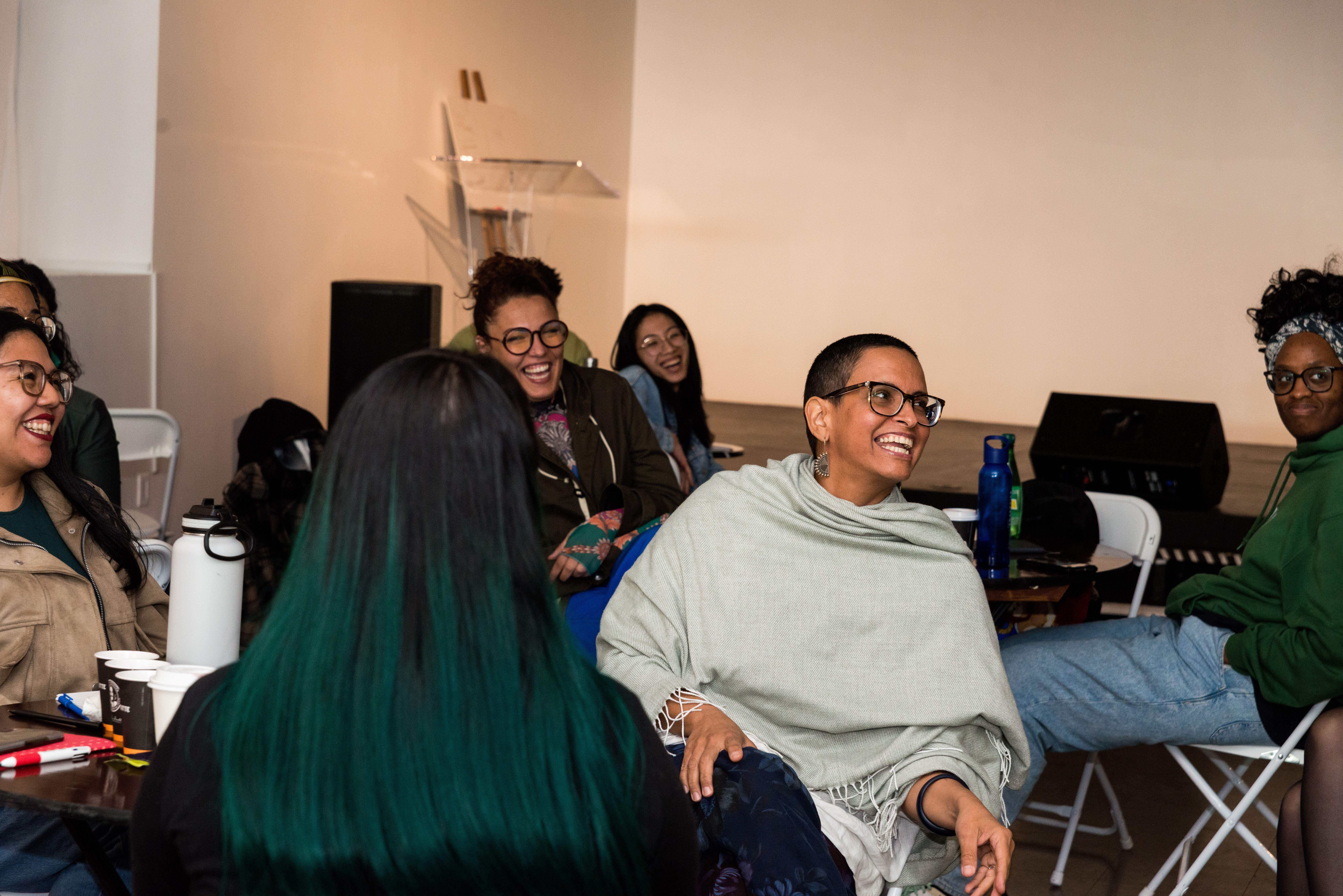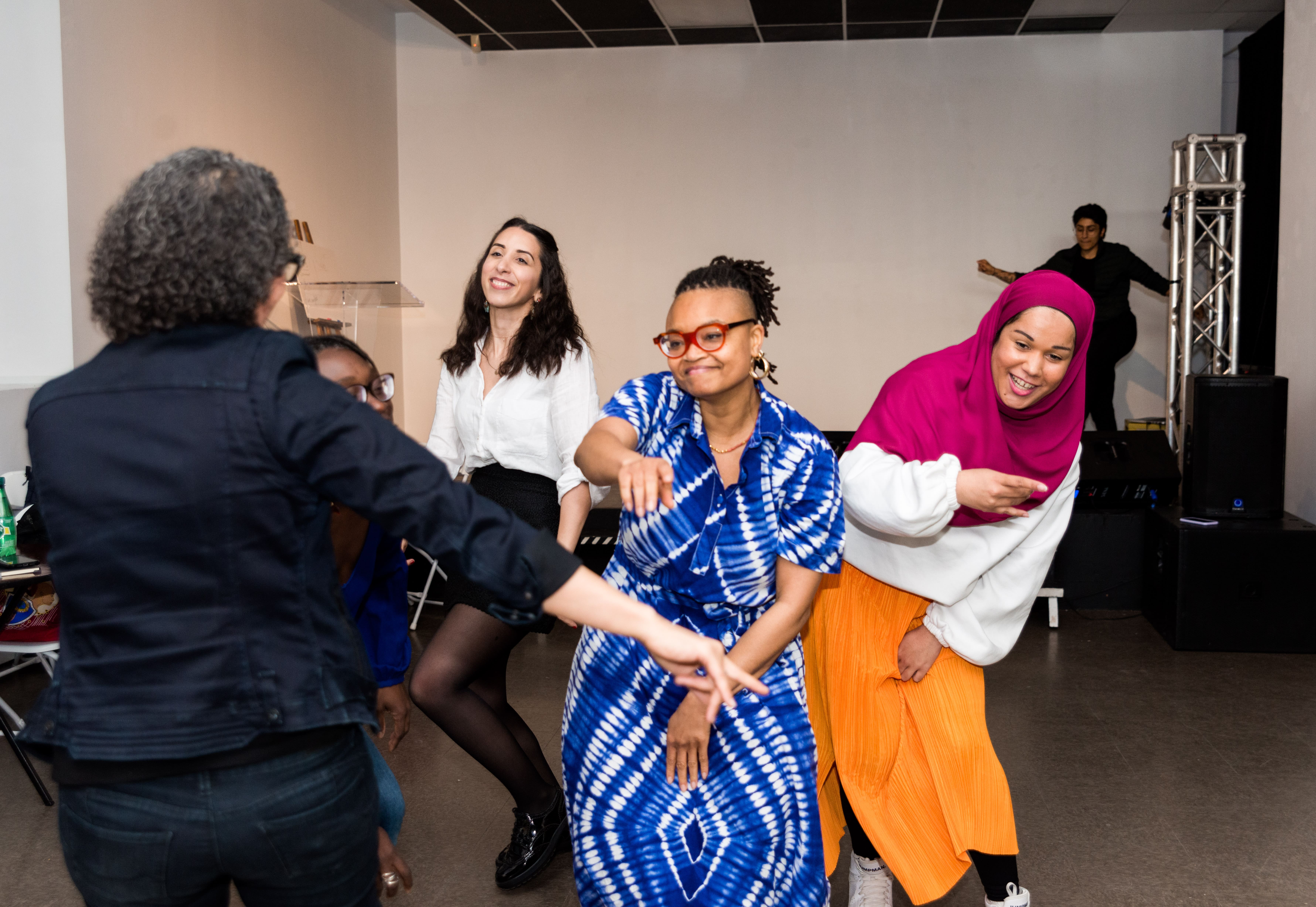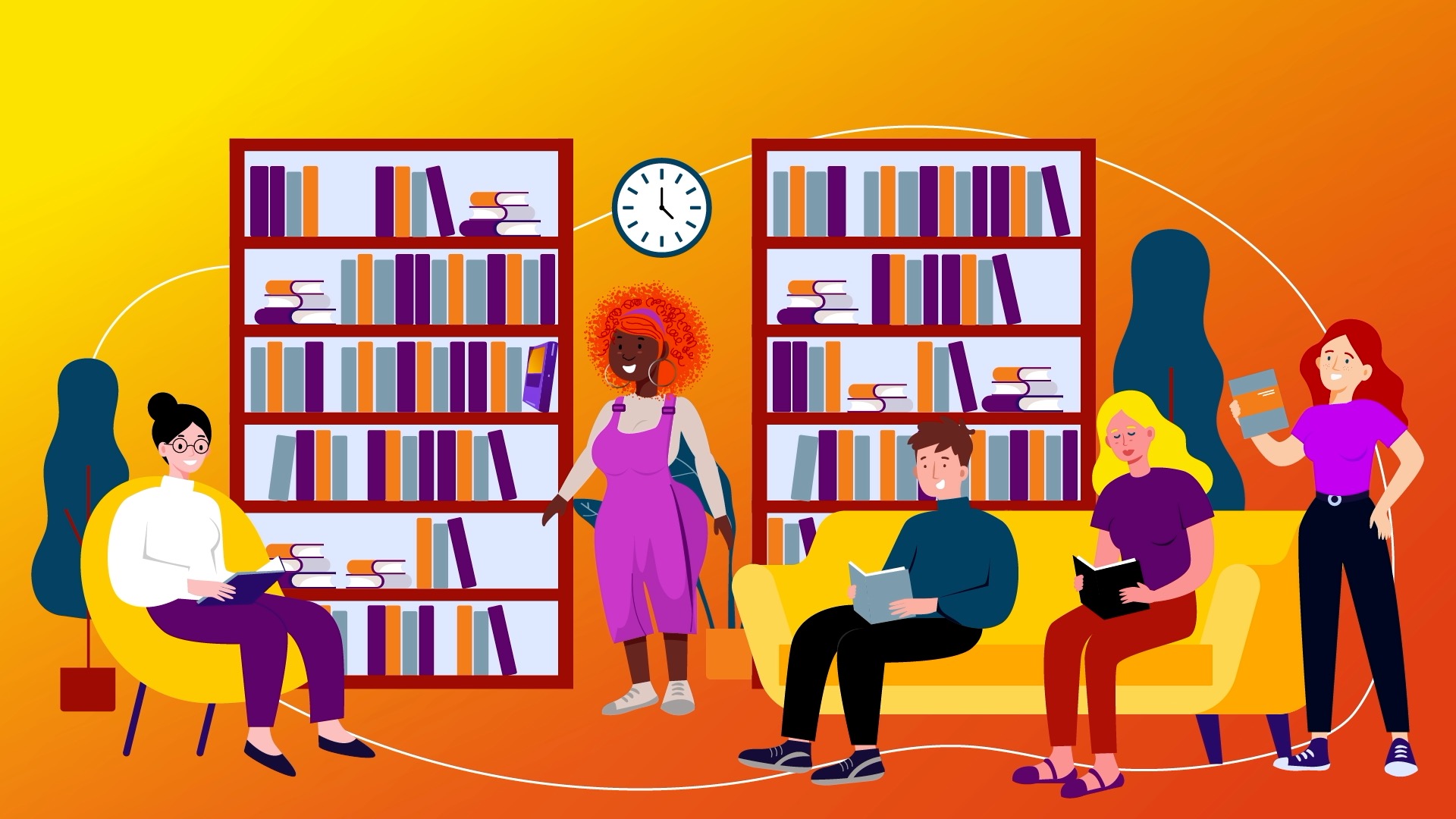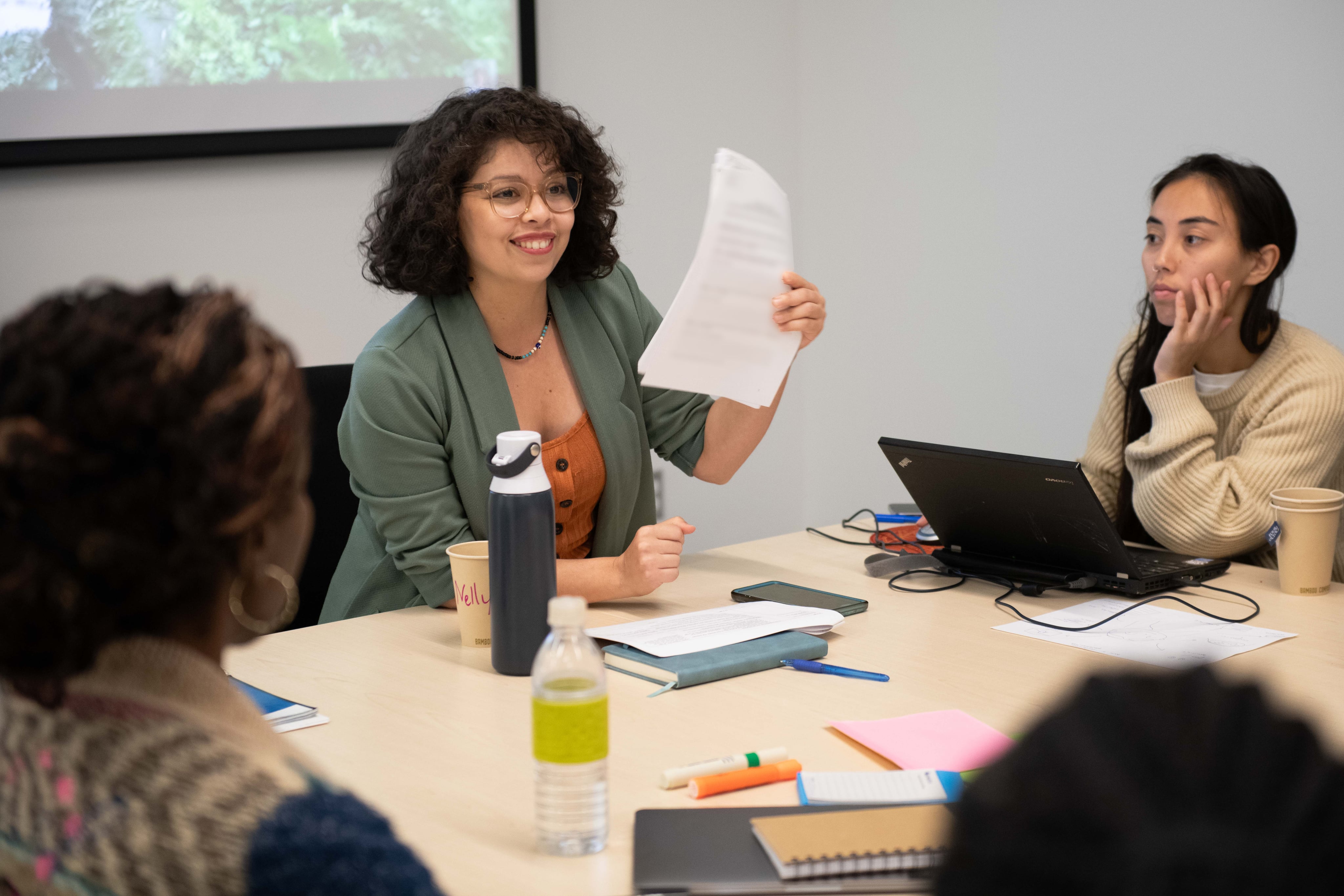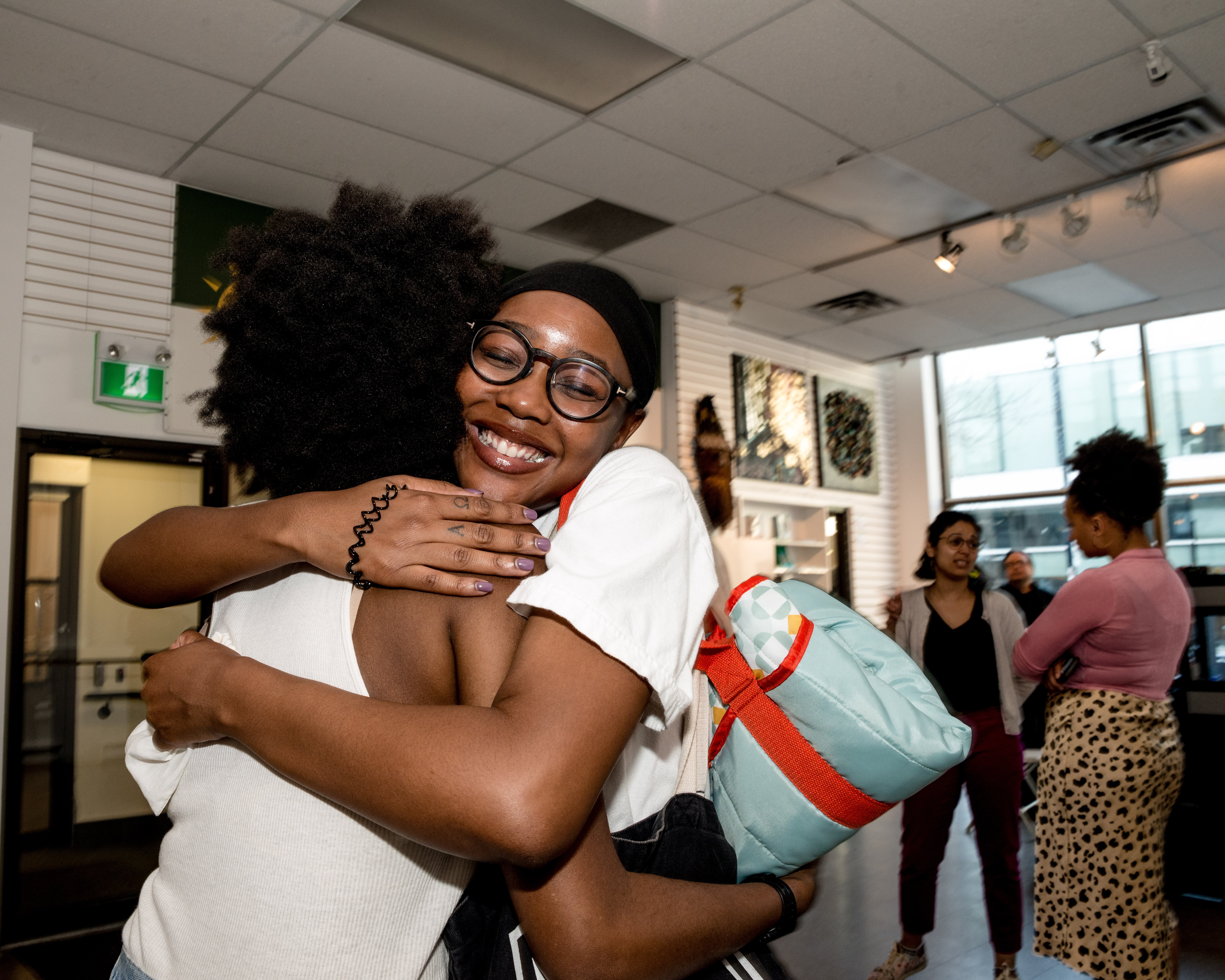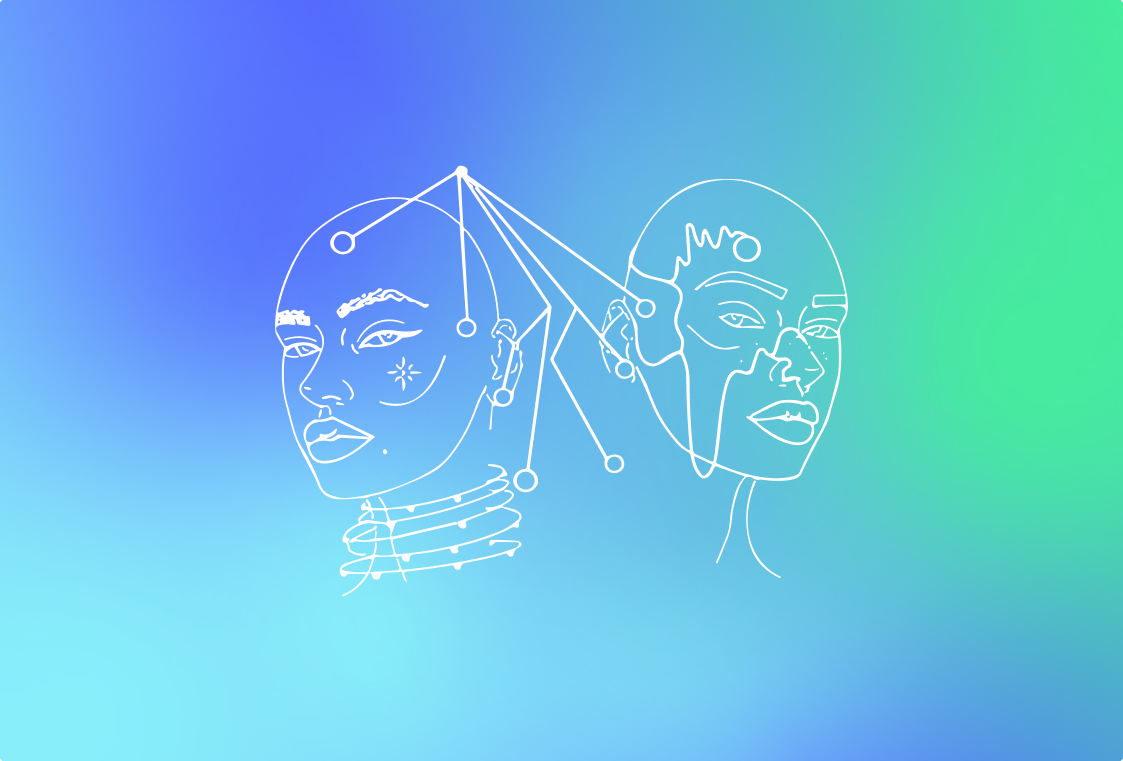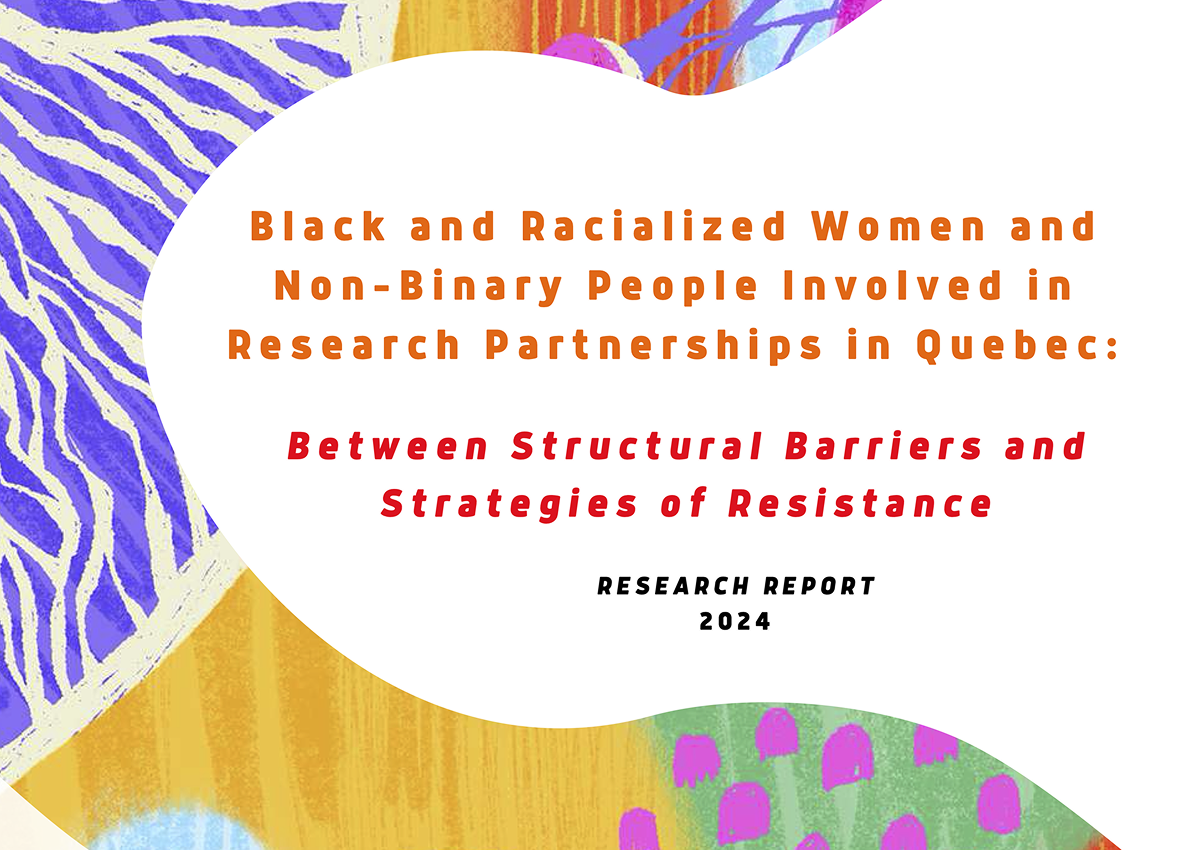Research That Heals and Transforms

Having explored relationships, spaces of resistance, and participatory approaches, the PSRR team now invites you to reflect on the conditions necessary for research to truly heal, transform, and endure.
Discover “Research That Heals and Transforms.” This video highlights the inequalities and exclusions present in research environments, and the essential institutional and collective transformations needed: equitable funding, recognition of community knowledge, tailored support, and real power-sharing. It reminds us that trust—built through concrete, solidaristic actions among Black and racialized people—is the key to engaged and transformative research.
Animation and Illustration: Alina Gutierrez M. (Visual Versa)
Script: Soraya Elbekkali
Scenario: Alina Gutierrez M. (Visual Versa), Maud Jean-Baptiste et Soraya Elbekkali
Narration: Adama Kaba
Some excerpts are drawn from testimonies in the PSRR report or from the reflective card game. These have been adapted and anonymized for outreach purposes.
Promotion des actrices racisées en recherche (PARR). (2024). Strategies in bloom: Cultivate your well-being in collaborative research (Reflective card deck - English version). A tool for raising awareness and self-reflection, based on the testimonials and transformation ideas shared as part of the PARR project.
The definition of epistemic injustice is taken from the PARR report, which quotes Godrie, B., Desrosières, E., & al. (2020). Les injustices épistémiques : vers une reconnaissance des savoirs marginalisés.


